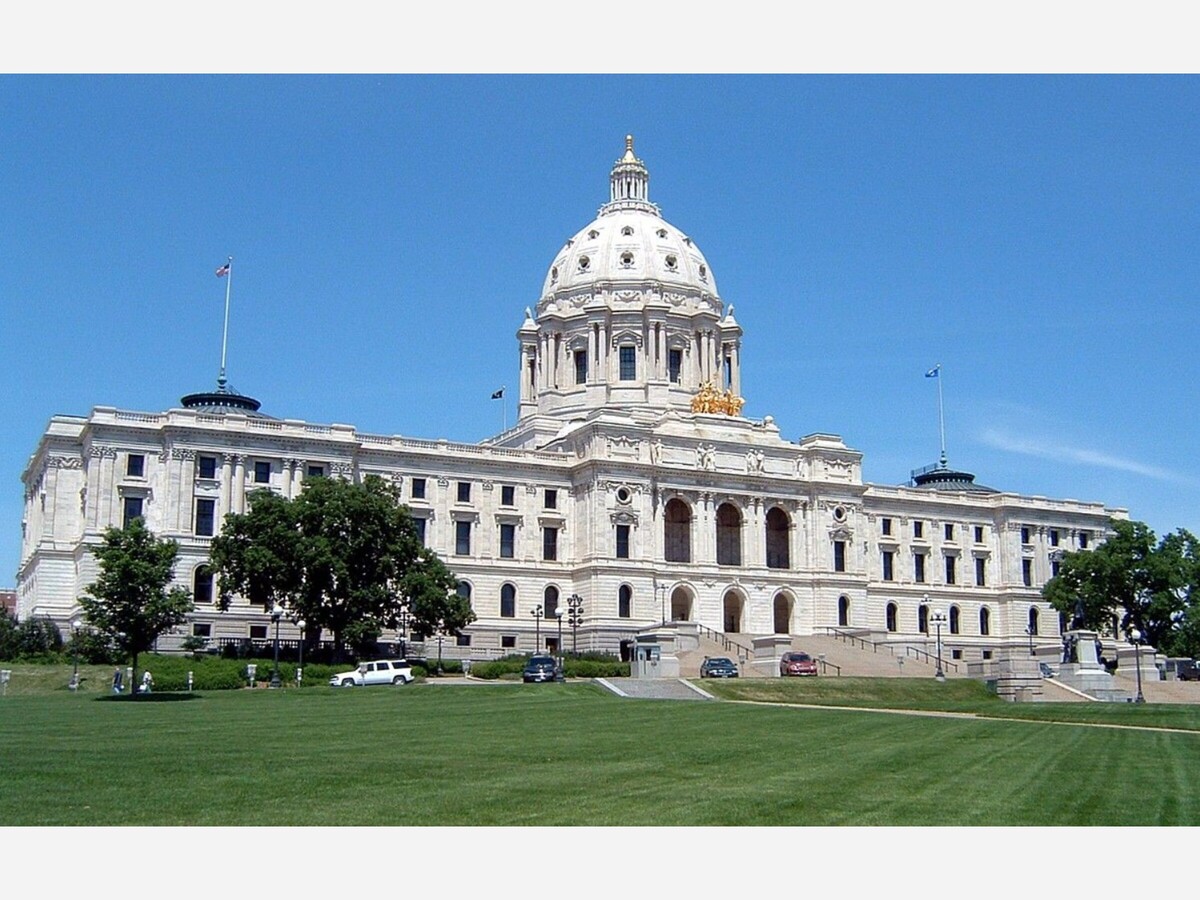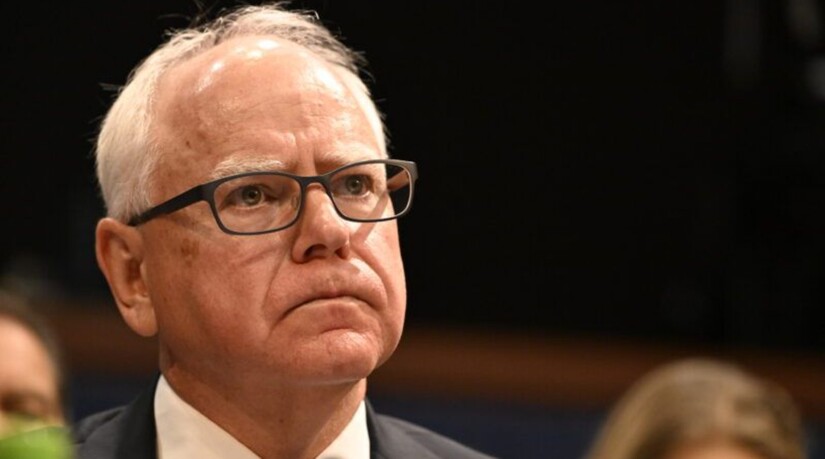Image


SAINT PAUL, Minn. – Minnesota Governor Tim Walz suggested over the weekend that a constitutional amendment could provide a pathway for passing gun-control policy, remarks he made during a panel at the MinnPost Festival. The comments come as the state legislature struggles to respond to last month’s shooting at Annunciation Catholic Church, which reignited debates over gun violence in Minnesota and left families and communities seeking answers.

Walz and fellow DFL lawmakers have been advocating for legislation that would ban assault weapons and high-capacity magazines. However, efforts have stalled amid Republican opposition, resulting in a legislative stalemate that leaves schools, places of worship, and neighborhoods concerned about safety.
Unlike a standard legislative bill, which requires a simple majority in both the House and Senate and the governor’s signature to become law, a constitutional amendment involves an additional step. After passing in the legislature, the amendment must be ratified by voters on a statewide ballot before it becomes part of the Minnesota Constitution.
The theoretical advantage of this approach, Walz suggested, is that it could potentially sway some Republican lawmakers who favor “letting the voters decide” on contentious gun-control measures. For communities still grappling with trauma from the Annunciation shooting, this move could offer a way to push stronger protections into law.
Republican leaders, including House Speaker Lisa Demuth (R-Cold Spring), have emphasized that any commitment to gun legislation requires review of precise bill language.
“Language matters very much,” Demuth said, noting that legislative leaders and the broader legislature need to “vet language, craft language, and move through” the process carefully.
Regarding a constitutional amendment, Demuth clarified that such a measure would still need to originate as a bill in the legislature. She underscored that public discussions and transparency are essential so Minnesotans, including parents, educators, and local leaders, can track developments.
“A constitutional amendment would still have to start as a bill in the legislature, and that’s a conversation we can have when the governor calls a special session. As with all the other Democrat gun ban proposals, we still don’t have any public language proposed. All policy discussions will have to take place through the legislative process so Minnesotans can see what’s going on,” Demuth said.
Meanwhile, Democratic leaders continue pressing Republicans to clarify their stance on gun-control measures. No formal proposal regarding an amendment has been publicly introduced.
“House DFLers are listening to Minnesotans, and we are firmly committed to taking meaningful action to address gun violence,” said House DFL Leader Zack Stephenson (DFL-Coon Rapids).
“Right now, any action will require Republican support, so it’s time for Republicans to be clear with Minnesotans: are they willing to take strong action on guns or not?” Senate Majority Leader Erin Murphy (DFL-St. Paul) echoed the call for action, stressing the need for bipartisan engagement.
“Minnesotans are demanding action on gun violence prevention. Passing any bill out of the Legislature requires Republican votes, and it’s long past time for my Republican colleagues to bring serious proposals and a commitment to reducing gun violence to the table.”
For residents, the legislative stalemate is more than political maneuvering—it affects daily life. Families in neighborhoods near schools and churches are asking whether Minnesota’s laws will effectively limit access to weapons that pose risks in public spaces. Teachers, administrators, and faith leaders continue to navigate safety concerns, while parents hope for tangible action that protects children and communities.
Governor Walz is currently in Ireland, though legislative leaders have indicated that discussions about a potential special session to address gun violence, school safety, and mental health support remain ongoing.
Key Takeaway: Governor Walz’s proposal introduces a constitutional amendment as a potential mechanism to bypass legislative gridlock, putting the question of gun control directly to Minnesota voters. However, without concrete legislative language or bipartisan support, Minnesota communities remain in a state of uncertainty, awaiting meaningful steps toward safety.